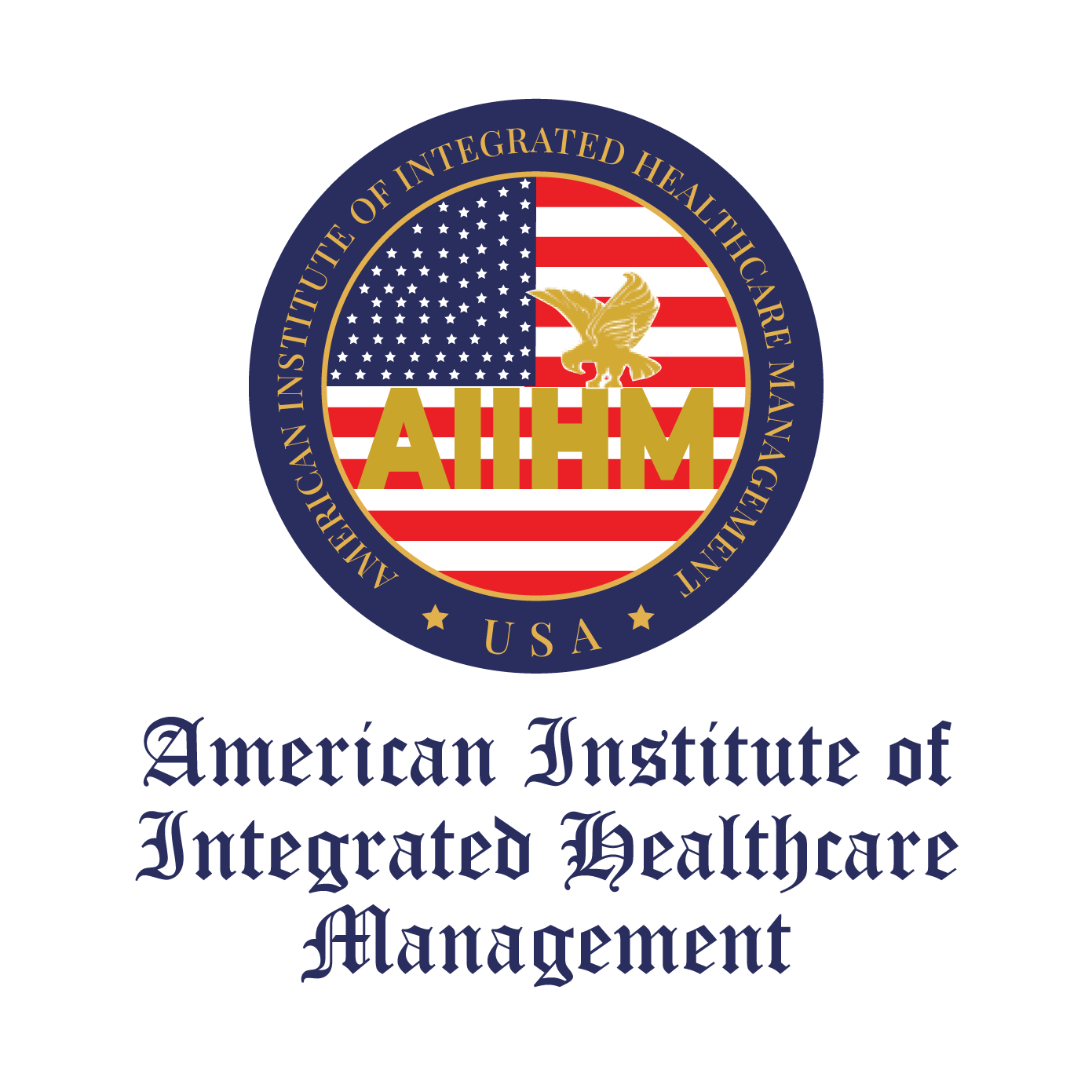
The American Institute of Integrated Healthcare Management (AIIHM) is a distinguished institution committed to cultivating next-generation leadership across the global healthcare and life sciences ecosystem. As a valued affiliate of the American Institute of Business and Management (AIBM), AIIHM builds on AIBM’s prestigious legacy of academic rigor and global outreach, while focusing exclusively on the multidisciplinary landscape of healthcare management. In an era defined by public health challenges, digital health transformation, and policy reform, AIIHM delivers globally recognized, practice-oriented certifications designed to equip professionals with the strategic insight, regulatory fluency, and innovation mindset essential for healthcare leadership.
AIIHM provides a dynamic suite of certification programs that address the complex realities of today’s healthcare institutions. Whether navigating value-based care, managing hospital operations, leading digital health initiatives, or overseeing healthcare finance and compliance, AIIHM programs empower leaders across hospitals, health systems, insurance firms, pharmaceutical companies, public health agencies, and digital health enterprises. Through applied learning, executive case studies, healthcare simulations, and mentorship from seasoned practitioners, participants gain exposure to international frameworks such as HIPAA, HL7, JCI, WHO guidelines, and healthcare analytics tools.
As an affiliate of AIBM, AIIHM benefits from a global academic network, interdisciplinary integration, and access to international leadership platforms, while maintaining its focus on the healthcare domain. This affiliation enhances the credibility and portability of AIIHM certifications and ensures alignment with global quality standards and evolving industry needs. AIIHM’s modular, learner-centric design allows professionals to accelerate their careers without compromising their responsibilities, making learning both flexible and impactful.
AIIHM is founded on principles of ethical healthcare leadership, evidence-based management, and patient-centered innovation. Its mission is deeply rooted in advancing healthcare accessibility, digital equity, sustainability in health systems, and collaborative leadership. More than just a certifying authority, AIIHM is a strategic enabler—shaping leaders who are prepared to drive change, ensure excellence, and deliver impact in a complex and ever-evolving healthcare environment.
In the 21st century, the field of Integrated Healthcare Management stands at the intersection of medical science, technology, and strategic administration. As global health systems adapt to new challenges—ranging from aging populations and pandemics to digital transformation and rising healthcare costs—there is a growing demand for professionals who can blend clinical insight with business acumen. In this discourse, we explore the current and future job prospects in Integrated Healthcare Management, emphasizing the increasing importance of certifications in this rapidly evolving domain.
The present-day healthcare ecosystem is highly complex, requiring interdisciplinary leadership to ensure quality, accessibility, and cost-efficiency. Integrated healthcare management brings together clinical services, data analytics, policy-making, and operations into a unified framework. Key current roles include:
With the rise of digital health tools and policy reforms, opportunities now span across traditional healthcare institutions, digital health startups, government agencies, and international health organizations.
Looking forward, the healthcare sector is poised for significant transformation, driven by technology, patient-centric care models, and value-based outcomes. Future career paths include:
According to the U.S. Bureau of Labor Statistics, employment of medical and health services managers is projected to grow 28% from 2021 to 2031, much faster than the average for all occupations.
Source: U.S. Bureau of Labor Statistics, 2022
A HIMSS report found that 80% of healthcare providers are increasing investments in digital health solutions, indicating rising demand for tech-savvy administrators and strategists.
Source: HIMSS Future of Healthcare Report, 2021.
Global healthcare management consulting market is expected to reach $41.2 billion by 2026, driven by hospital restructuring and the digital transformation of health systems.
Source: Market Research Future, 2022
In a field marked by rapid advancements and regulatory oversight, certifications in Integrated Healthcare Management is essential for professionals seeking to validate their expertise and remain competitive. Here’s why:
Integrated Healthcare Management represent a vibrant, mission-driven career landscape that is essential to the health and well-being of societies worldwide. As the sector becomes more technologically advanced and outcomes-focused, professionals equipped with the right certifications and skills will be at the forefront of change. The American Institute of Integrated Healthcare Management (AIIHM) plays a vital role in preparing these leaders—bridging clinical insight with operational excellence—to meet the demands of the future healthcare ecosystem. with the skills and knowledge needed to excel in these industries, making them indispensable for career advancement and success.

AIBM and its subsidiary institutions AIFB, AICM, AIDSAI, AIDM, AIREM, AIEM, AIEHSM, AIHHM, AIIT, AIIM, AIIHM, AIOGM, AIPC, AIPLM, AIREM, PowerPhD Institute and OMI offer a range of progressive, flexible and affordable business, management and skill based professional certifications.